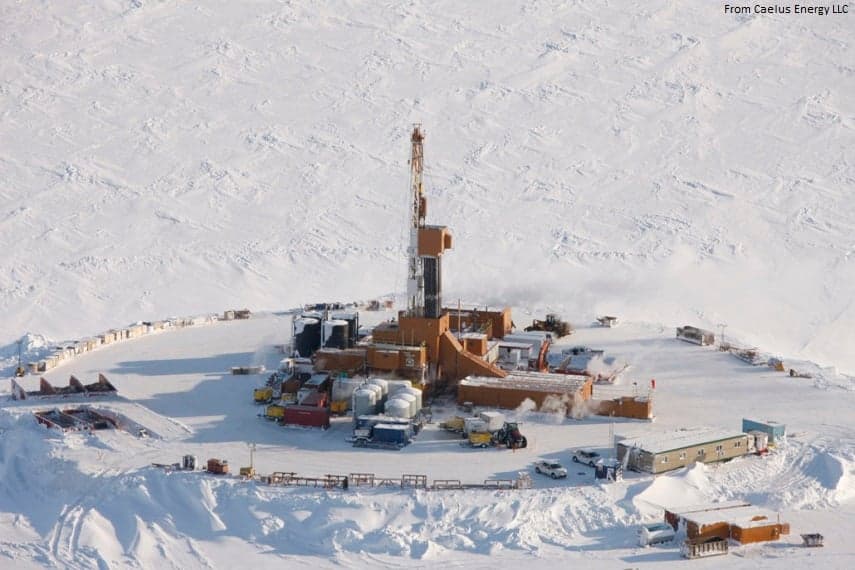Environmental draft “bolstering America’s economic strength and security” is cheered by Alaska delegation, slammed by green groups.
The Trump administration has pushed ahead with plans to open Alaska’s Arctic National Wildlife Refuge for drilling, releasing environmental drafts in preparation for oil-and-gas leasing sales as early as next summer.
The Bureau of Land Management proposal, which was submitted for a 45-day public-comment period in the week prior to Christmas, comes a year after the Republican-led Congress directed the administration to proceed with energy development on the 19-million-acre refuge as part of tax-reform legislation.
Interior Secretary Ryan Zinke described opening up the refuge to exploration and development as among the administration’s biggest accomplishments in “bolstering America’s economic strength and security.”
Zinke, who is leaving the administration following a slew of ethics controversies, focused much of his 20 months in the Cabinet on expanding oil and gas drilling on public lands and shrinking the boundaries of two national monuments.
The Bureau of Land Management plans to hold its first sale next year on as many as 1.6 million acres of the coastal plain, also known as the 1002 Area, which is expected to draw strong interest from the fossil-fuel industry.
The announcement touched off a storm of opposition from environmental groups, who accused the administration of downplaying the potential risk to the habitat, while Alaska officials cheered as their battle to unlock the area to energy development moved closer to reality.
Alaska Governor Mike Dunleavy said Alaskans have waited for the environmental analysis for decades and offered assurances that development “will be done utilizing the highest environmental standards and safeguards to protect its land, water and wildlife,” according to the Washington Times.
Opening up the area to oil and gas has been the goal of Republican presidents dating back to 1980, the year President Jimmy Carter signed a conservation act allowing drilling only with the approval of Congress.
Efforts to pass congressional muster have been thwarted repeatedly by Democrats and environmental groups alarmed about the potential for harm to the isolated refuge. President Barack Obama proposed in 2015 designating the coastal plain as wilderness, which would have banned drilling.
The draft environmental impact statement concluded the sales could proceed while protecting caribou, polar bears, ducks, geese and other species, even as green groups accused the administration of moving too quickly with its environmental review.

